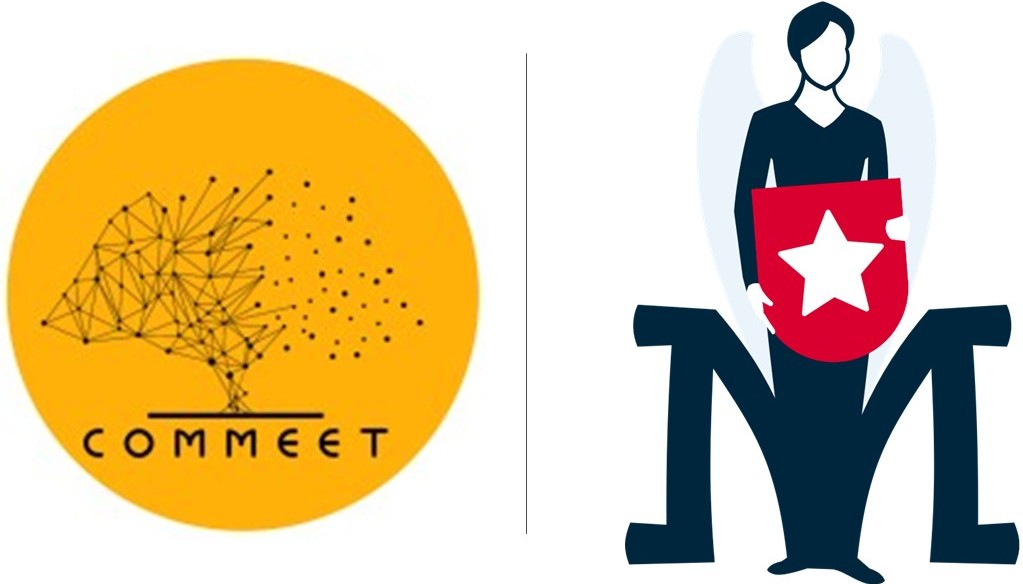We live in a world facing enormous challenges: climate change, inequality, social fragmentation, and a growing sense of disconnection between people. Yet at the same time, there is a movement towards solidarity, resilience, and shared responsibility. A movement that may turn vulnerable communities into resilient ones.
But what does a resilient, inclusive community actually look like? What conditions must be in place to make communities thrive? How can we inspire people across cultures to build solidarity in their own local contexts? What social, economic, cultural, and governance structures are needed to support strong, adaptive communities? How do communities foster cooperation, collective problem-solving, and sustainable development? And which examples of good practices can serve as models for others? These questions require careful analysis, interdisciplinary thinking, and critical engagement with both theory and practice. These are not only academic questions, but they are also urgent societal challenges.
In this unique collaboration between the Municipality of Maastricht and Fellowship COMMEET, you will dive into the topic of resilient communities on both a local and global scale.
In Maastricht, neighbors from over forty cultures share the same streets, dreams, and daily challenges. Across the world, COMMEET connects communities working toward the same goals through the Ubuntu spirit: “I am because we are.”
As part of this PREMIUM project, you will investigate how individual and collective resilience can reinforce one another, while drawing lessons from (global and local) good practices and applying them to the realities of Maastricht’s neighborhoods. Combining academic research with practical engagement, you will co-create insights and tangible tools that can guide communities everywhere.
This is not just a project, it is a chance to make social impact that lasts, to connect research with people’s lived realities, and to help shape a movement where solidarity, sustainability, and innovation meet. Understanding how individual resilience fuels neighborhood cohesion is crucial, and not only for Maastricht but for the broader region and society. Insights into the drivers of connection, empowerment, and sustainable wellbeing will lead to policies that nurture healthier, more secure, and equitable communities
If you are passionate about social impact, inclusivity, and sustainable development, this project offers a unique opportunity to turn theory into practice, connecting local action with global learning.

